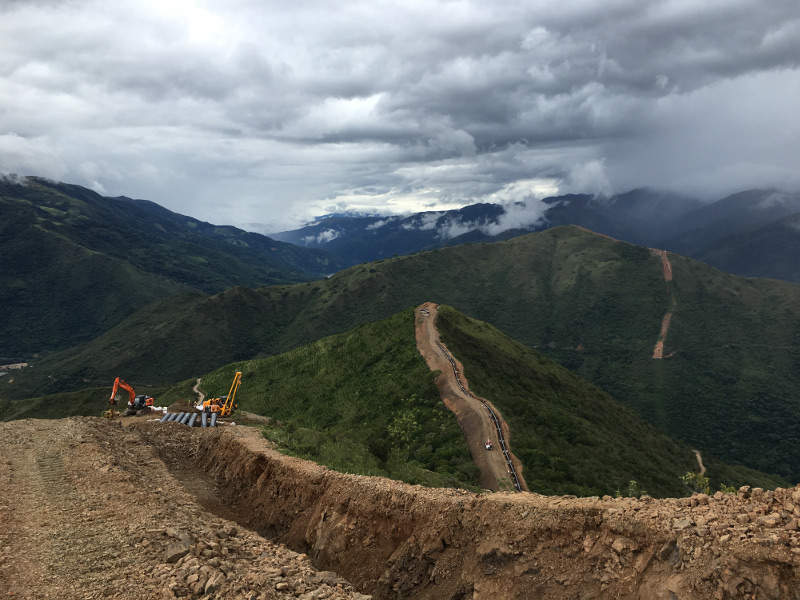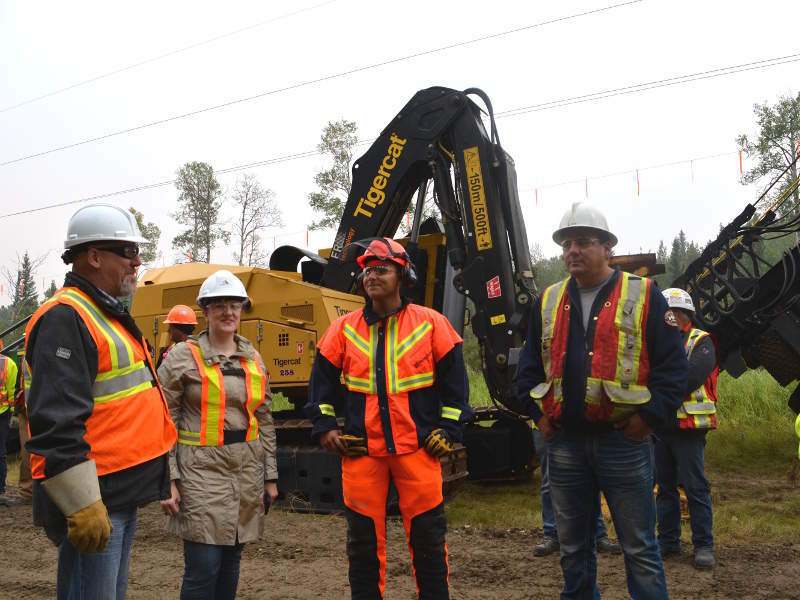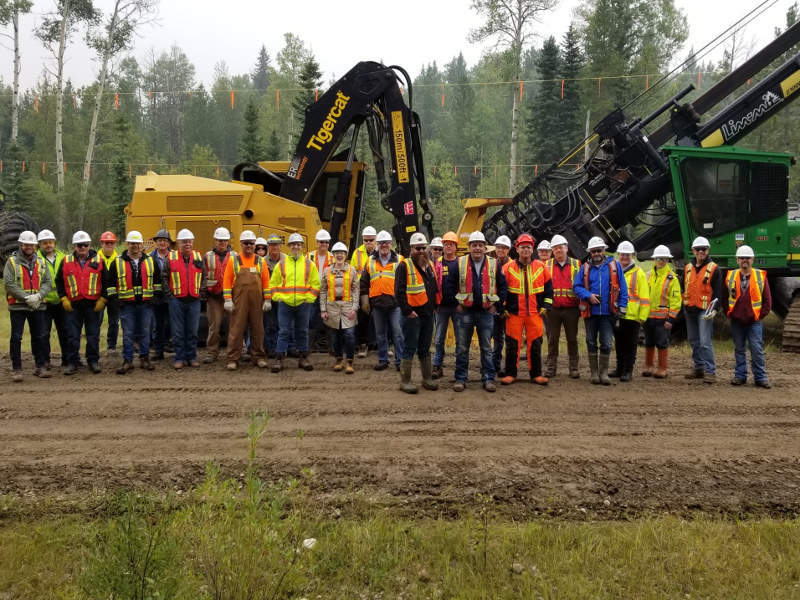The Trans Mountain Expansion Project (TMEP) involves the construction of a 980km-long pipeline parallel to the existing 1,150km Trans Mountain pipeline between Strathcona County near Edmonton in Alberta and Burnaby in British Columbia, Canada.
Owned by the Trans Mountain Corporation, a subsidiary of the Canada Development Investment Corporation, the TMEP is estimated to cost approximately $7.4bn. The project will increase the capacity of the Trans Mountain pipeline from 300,000 barrels per day (bpd) to 890,000bpd.
While the Trans Mountain pipeline has undergone several expansions since its commissioning in 1953, the latest expansion will generate 15,000 jobs during the construction phase and 37,000 jobs during operation.
The TMEP will enable oil producers to generate $73.5bn additional revenue and the government bodies to generate $46.7bn in additional taxes and royalties over 20 years.
Trans Mountain expansion project development
The National Energy Board (NEB) recommended the Federal Governor in Council to approve the expansion project after a 29-month review, in May 2016. The project was approved by the Government of Canada in November 2016.
The British Columbia Environmental Assessment Office (BC EAO) issued an environmental assessment certificate for the project in January 2017.
The Trans Mountain pipeline system and the TEMP were indirectly acquired by the Government of Canada through Trans Mountain Corporation from Kinder Morgan, for $4.5bn, in August 2018.
Construction began on a pipeline segment in Central Alberta in August 2018 and the project is scheduled for completion by 2020.
The Federal Court of Appeal, meanwhile, cancelled the approval of the expansion project in August 2018, citing flaws in the NEB review process. The NEB intends to undertake reconsideration process relevant to project-related marine shipping and other areas mentioned by the court. The review is scheduled to be completed by February 2019.
Route and infrastructure
The new pipeline will utilise the existing right-of-way corridor for 73% of its route. Existing utility corridors will be utilised for 16% of the route, while the remaining 11% pipeline will use a new right-of-way. The project will also involve the reactivation of 193km-long inactive pipeline segments.
A total of 12 new pump stations will be constructed to complement 23 existing active pump stations along the existing pipeline route, which maintains the flow capacity of 8km/h.
The expansion will also involve the addition of 19 new tanks to the existing storage terminals in Burnaby, Sumas and Edmonton, as well as the construction of three new berths at the Westridge Marine Terminal in Burnaby.
The new pipeline will be able to transport heavier crude oils such as bitumen and will also have the capability to carry light crude oils.
Contractors involved with the Trans Mountain Expansion Project
Trans Mountain preferred seven contractors for the development of the project, including the pipeline and the associated facilities, in September 2017.
Midwest Pipelines was contracted to construct the Yellowhead portion of the project situated between Edmonton and Jasper National Park in Alberta. SA Energy Group received the construction contract for the pipeline segments in Greater Edmonton, North Thompson region and the Fraser Valley.
Ledcor Sicim Limited Partnership received a contract for the construction of major North Thompson portion of the project. Surerus Murphy Joint Venture (SMJV) was contracted for the portion of the TMEP right-of-way between Black Pines and the Coquihalla Summit in British Columbia.
Kiewit-Ledcor Trans Mountain Partnership was awarded a contract to construct a 35km-long section between Langley and Burnaby, the Burnaby Mountain Tunnel, Westridge Marine Terminal, Burnaby Terminal and Sumas Terminal.
Macro Spiecapag Joint Venture (MSJV) will be responsible for the development of an 85km-long section between the Coquihalla Summit and Wahleach pump station in British Columbia.
WorleyParsonsCord was awarded an engineering, procurement and construction (EPC) contract for the Edmonton Terminal and 12 pump stations of the TMEP.
Trans Mountain entered an agreement with Evraz North America for supplying 246,050 tonne (t) of pipes for the construction of approximately 800km of the pipeline, in May 2017.





